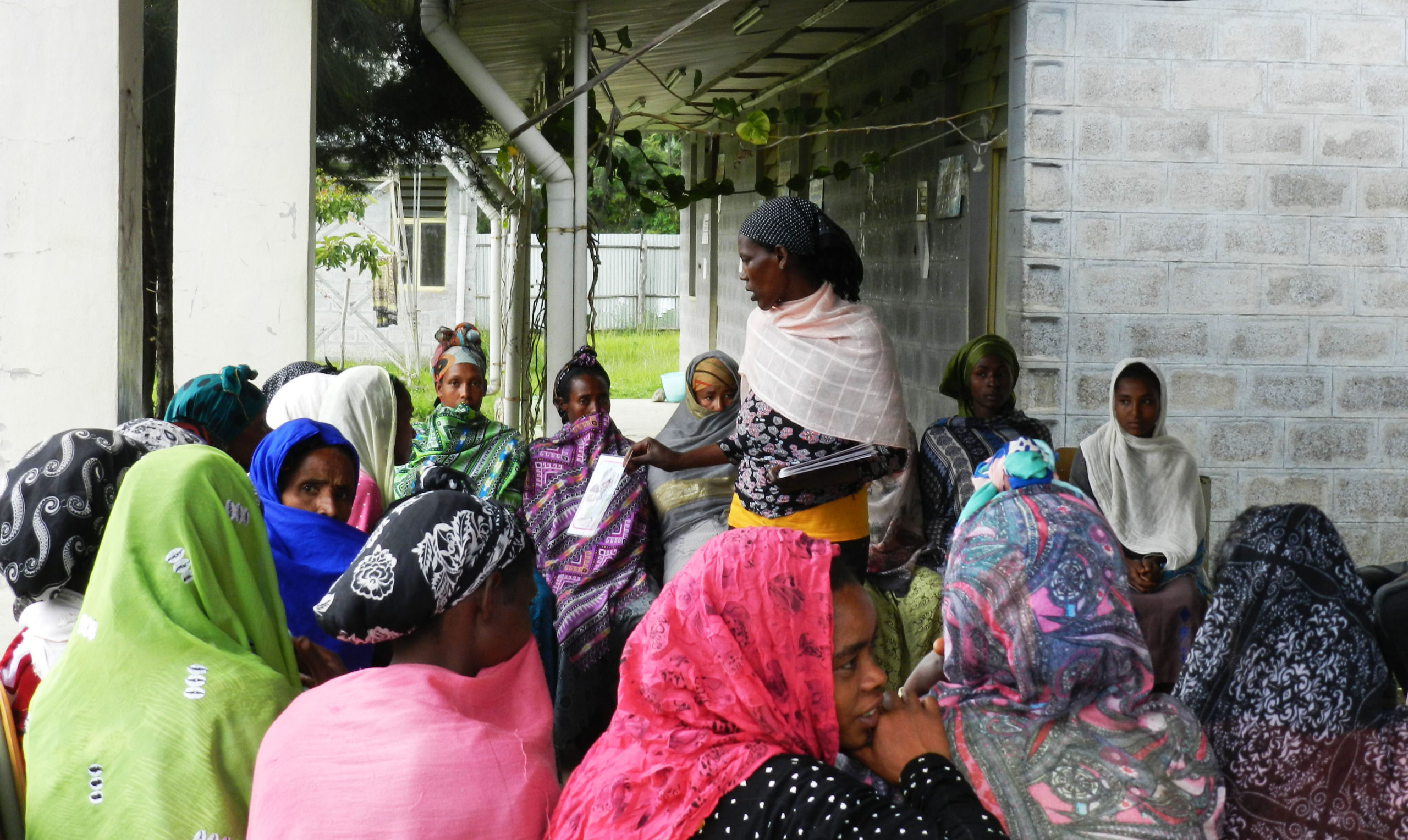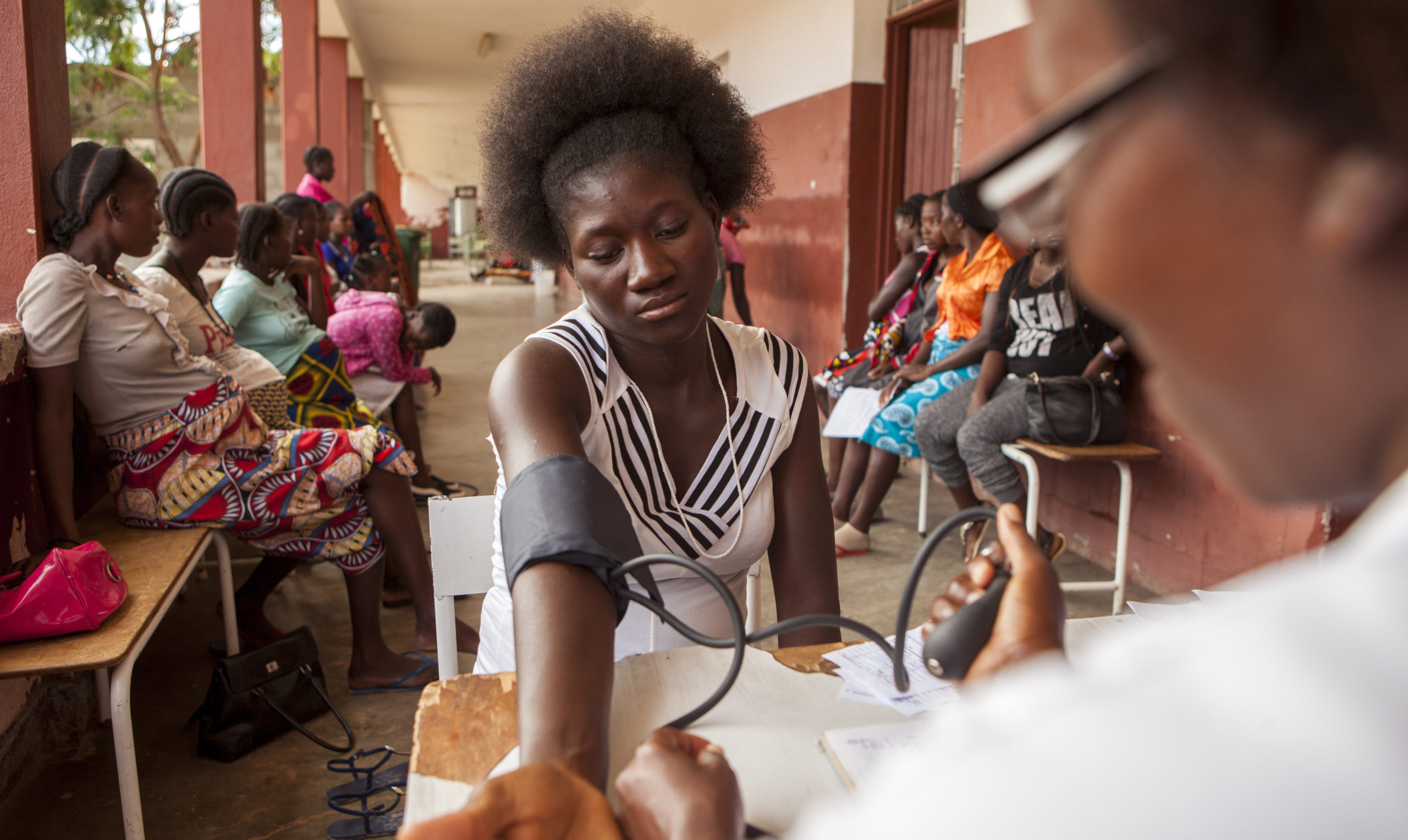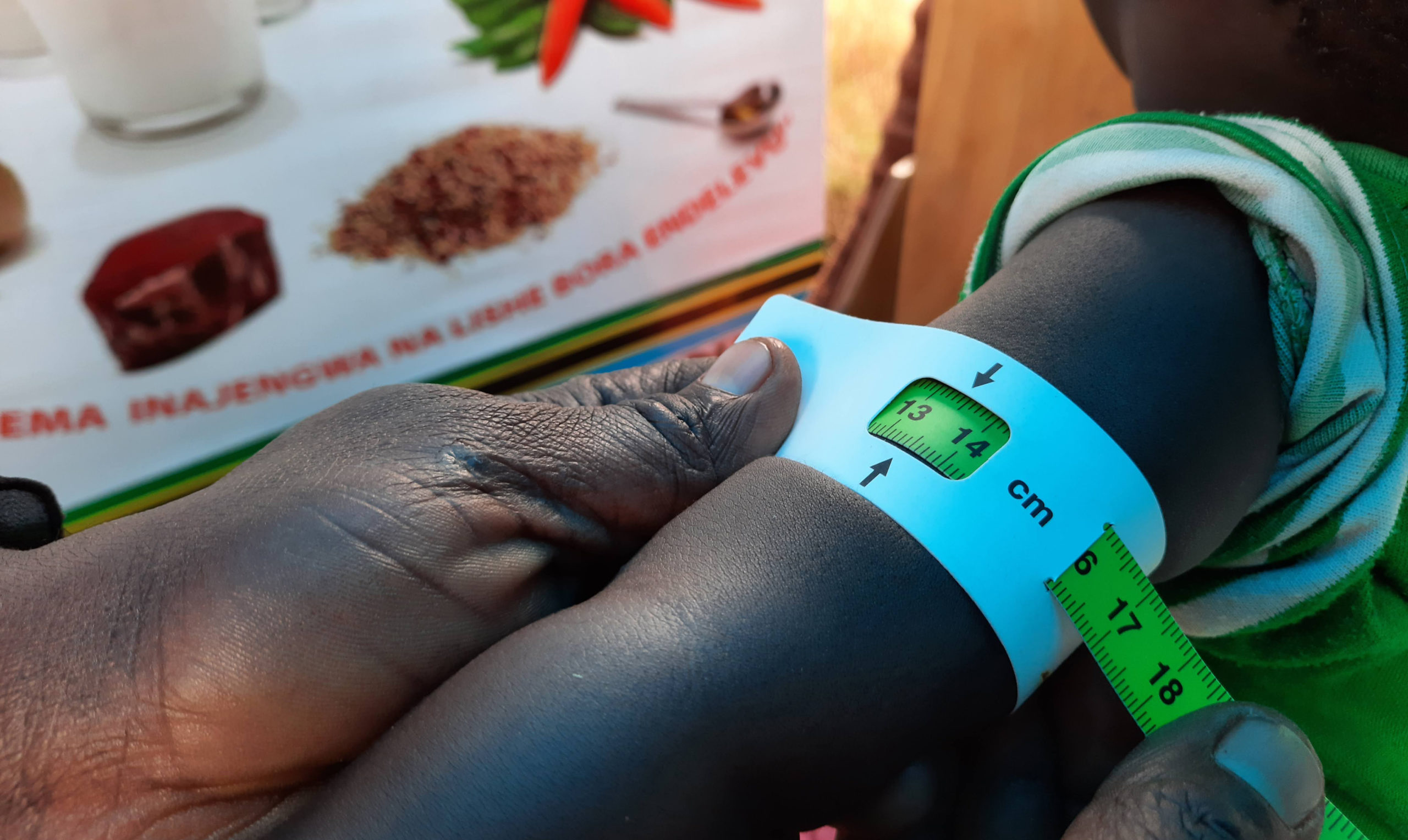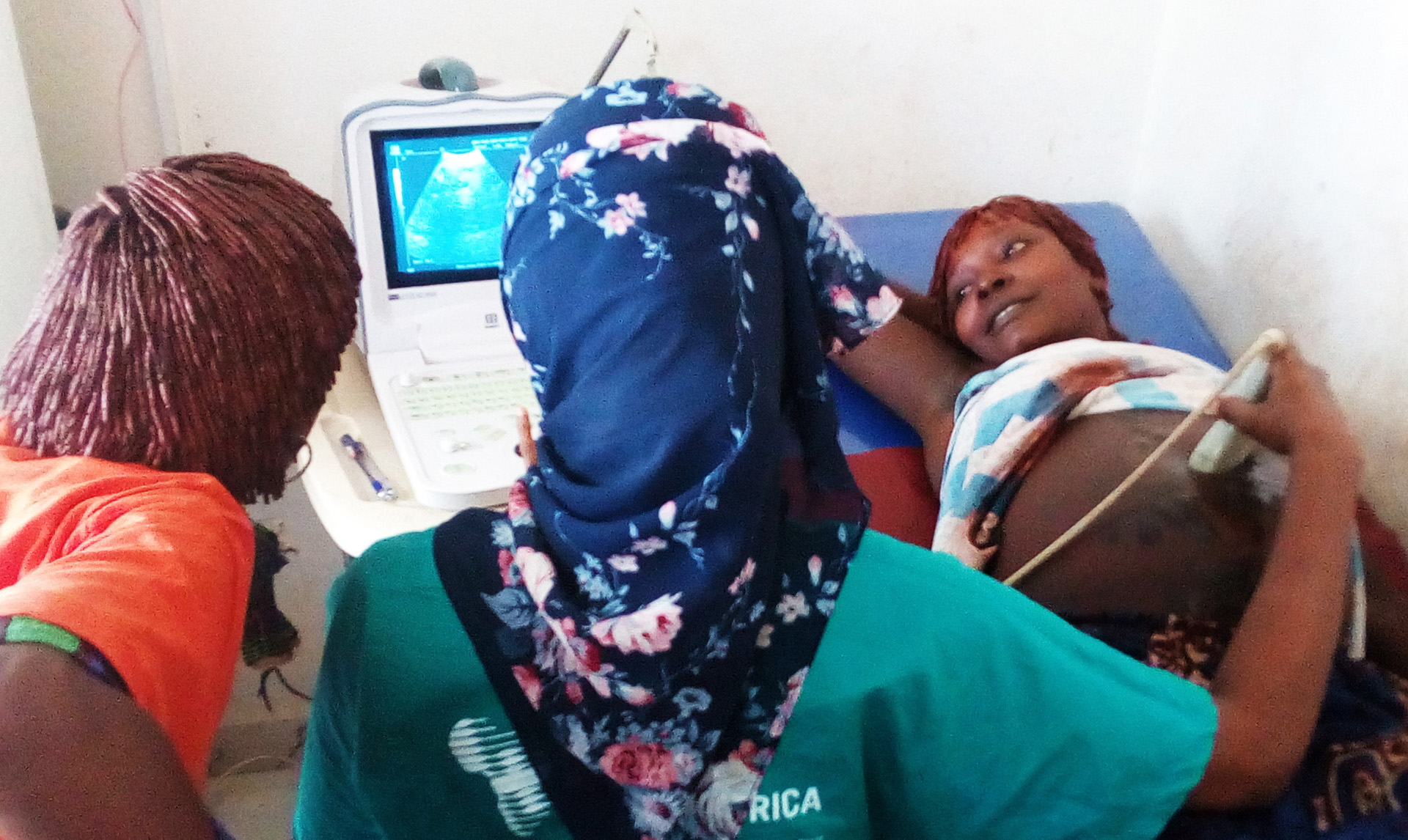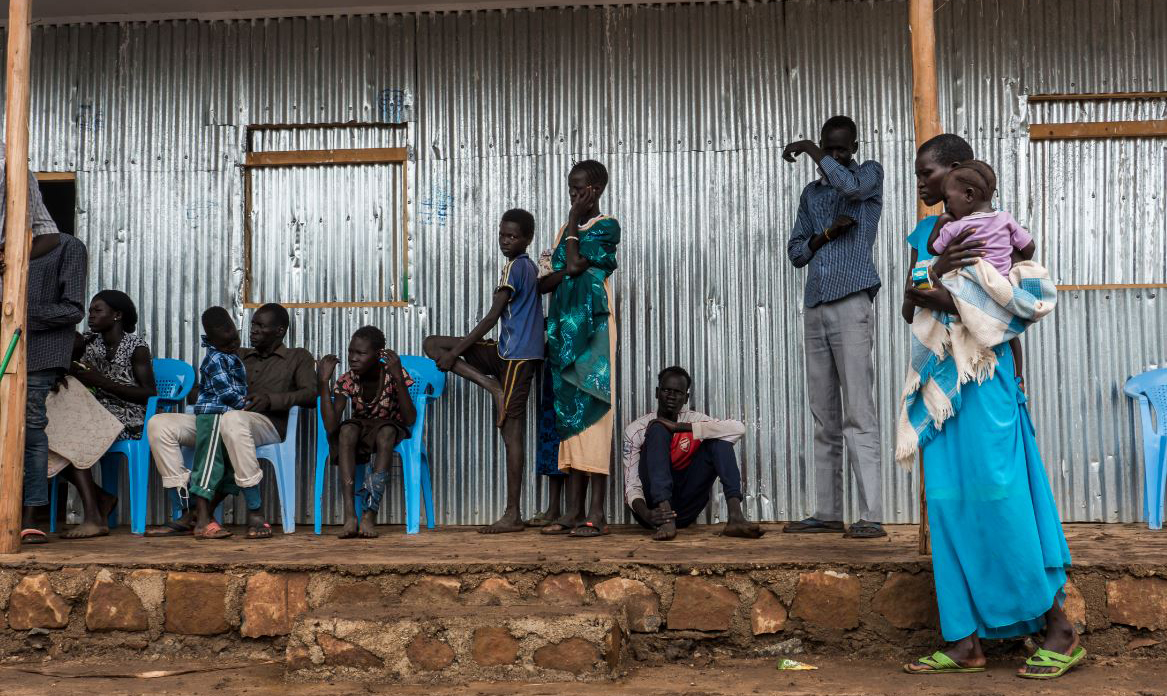Since April 2017, CUAMM, in partnership with Women and Children First UK, has implemented the project “Improving maternal, perinatal and newborn health and reducing mortality in Goro Woreda” within the Southwest Shewa Zone of the Oromia region, Ethiopia. This project, financed by Comic Relief, strongly promotes a Participatory Learning and Action (PLA) approach that facilitates communities’ engagement in making their own decisions on issues that affect their lives. In particular, PLA supports awareness-raising activities and encourages rural communities, especially women and pregnant women, to come up with local solutions to improve maternal and newborn survival and health.
«Saving women’s lives in childbirth is not just the responsibility of the individual but is important for our whole community» – one of the Goro Kebele group members claims.
During the project, local trained female facilitators have set up and led group meetings to: identify problems affecting women and children during pregnancy, childbirth and the newborn period; identify local solutions to these problems; plan, implement and evaluate such solutions. More specifically, the problems prioritized were malaria, diarrhea and complications during labor and delivery. In order to tackle them, the communities suggested different strategies which have led to encouraging positive changes such as: using bed nets correctly, implementing proper hygiene and sanitation practices; increasing ante-natal care visits and skilled deliveries.
«So far, thanks to awareness-raising activities in the communities, correct use of bed nets has increased, and we are starting to see a reduction in cases of malaria» – Goro Woreda Health Office Director affirms -. «Before, in case of children’s illness, diarrhea for example, the community used traditional methods to treat it. Now children are taken to the health center and given medicines» – adds a PLA Group Member in Gurura Kebele.
Despite the considerable progress that has been achieved by the PLA groups in Goro Woreda, a few challenges remain, requiring great effort and action also from local authorities and all communities’ members. Among others, there is the need to improve access to health care facilities centers and ensure maternity waiting homes (MWHs) establishment. Both solutions will help to reduce pregnancy-related risks.
A clear lesson emerges from this intervention: long lasting sustainable changes is possible starting from the communities and their active participation in developing their own rights.


